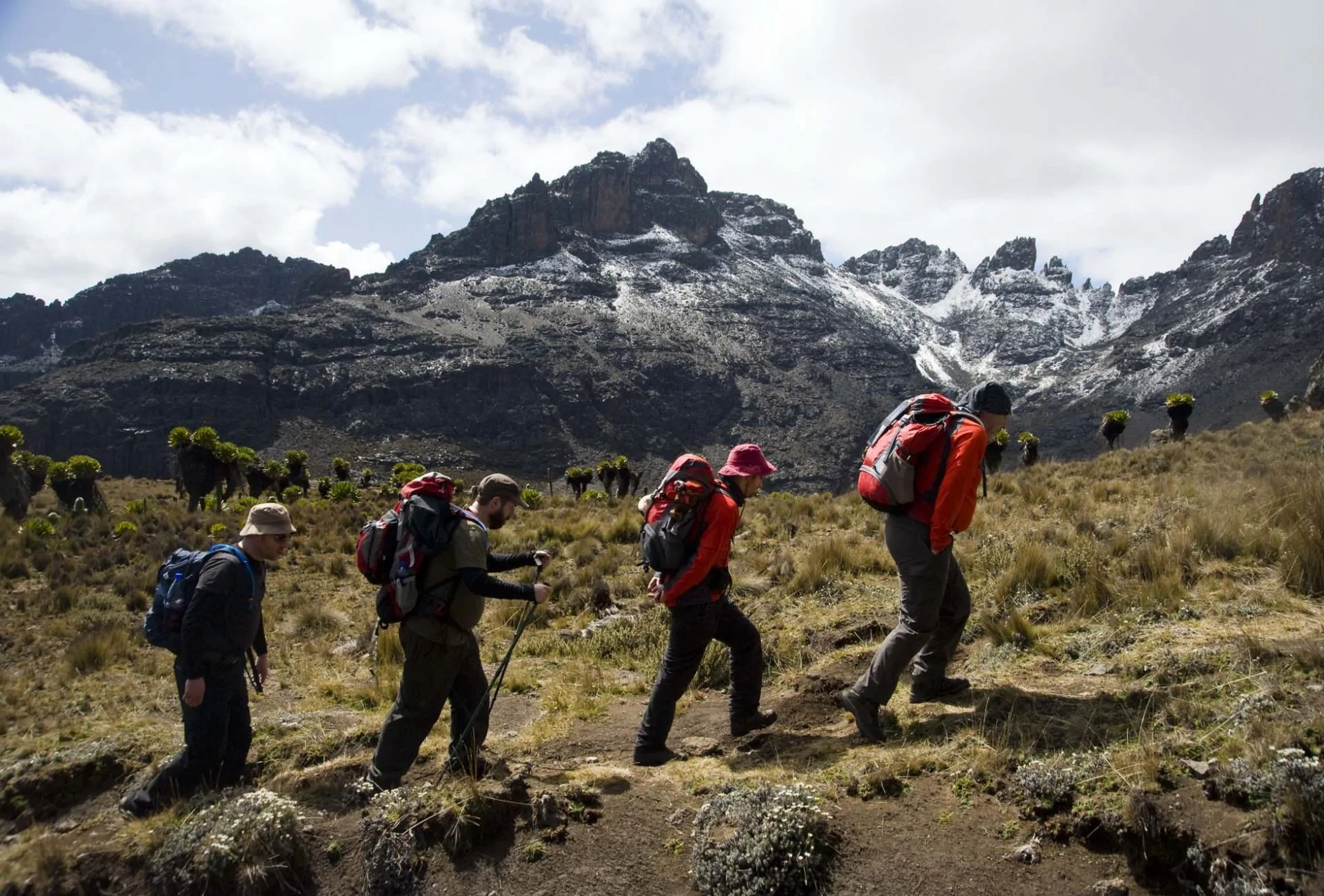Angama Travel is a boutique travel desk that specialises in ensuring your travels around East Africa will be smooth, seamless and safe, and you can expect the same high-touch and detail-orientated approach to service that our guests have come to expect from Angama. Our dedicated and knowledgeable team is ready to assist you during every step of your journey, from the exciting process of itinerary planning, to support throughout your trip and keeping in touch once you have returned home. All of our suggested itineraries and partner properties are bookable through Angama Travel as well as your travel agent or African travel specialist.
The Birthplace of Safari
Situated in the heart of East Africa and named in honour of the Maasai people, the Maasai Mara needs no introduction as the loveliest game reserve on the African continent. As host to the Great Migration – the greatest show on earth – and with exceptional, year-round game-viewing, no safari to East Africa is complete without a visit to the Mara.
In the Land of Giants
Nestled in the heart of East Africa, Amboseli is renowned for its lush landscapes and remarkable density and diversity of wildlife, all set against the famed backdrop of Mount Kilimanjaro. The name ‘Amboseli’ stems from the Maa word ’empusel’, meaning ‘salty, dusty place’, a nod to its iconic dry lake bed and dusty salt pans. It’s also home to some of the last descendants of Africa’s iconic Super Tuskers.
The Heartbeat of East Africa
Kenya’s capital of Nairobi is a vibrant and cosmopolitan city. Whether you’re spending just half a day, or a night before venturing onwards on safari, or perhaps staying longer, there is plenty to explore, from artisan coffee roasteries to wildlife centres and so much more.
Big Safari Country
Travel south of the Maasai Mara to the Ngorongoro Crater and Serengeti National Park, Tanzania’s northern circuit, with endless plains, incredible game-viewing and the annual calving season.

Wild Open Spaces
Travel north of the Maasai Mara to private ranches with pioneering conservation programs and jaw-dropping, remote landscapes best explored by helicopter.

Exploring the Beach
Travel east of the Maasai Mara for pre or post-safari bliss on soft sandy beaches in warmer climates.
The Great Apes
Travel west of the Mara to the land of the Great Apes, trekking up the slopes of dormant volcanoes through impenetrable forest for once-in-a-lifetime encounters with endangered mountain gorillas, chimpanzees and the elusive golden monkey.